By Lin Zhuowei, Wu Jiaju
(ECNS) -- Despite the similarity in China’s GDP growth target of around 5% with that of last year, “new quality productive forces suggest a strategic shift by the Chinese government and the industries in China towards a modernized and sustainable way of economic growth and development,” said Denis Depoux, global managing director of market consultancy Roland Berger, in an exclusive interview with China News Network recently.
New quality productive forces to promote decarbonization and sustainability
Against the backdrop of climate change, Depoux believes that a changing world calls for a balance between productivity, sustainability, and innovation, which necessitates a new growth model for China.
“It's all about increasing productivity and added value, adjusting to an increasingly decarbonized world with higher quality standards,” noted Depoux, citing industrial modernization, digitization, automation, innovation, and decarbonization as a few sectors with strong momentum to develop new quality productive forces.
“We've seen Chinese companies leapfrogging in some areas, like solar PV, energy storage, the whole electric vehicle value chain, or more recently, space. And we will see similar patterns in new materials or AI going forward,” noted Depoux.
As China’s economy transitions towards a new growth model aiming for greater “self-reliance and productivity”, Depoux emphasized the significance of the 10% increase in China’s annual budget for science and technology put forward in the 2024 government work report during China’s Two Sessions.
New path to take under a similar growth target
Depoux said the Two Sessions is an “important policy moment” for China that pinpoints targets and directions in 2024, of which the GDP growth target receives the most attention.
China set an economic growth target of “around 5 percent” in 2024, a figure that seems close to that of last year, yet fundamentally different in Depoux’s opinion as it “entails quite some transformation”.
“I think this 5 percent has to be associated with increase in productivity, increase in added value, reconfiguration of supply chains, not only in China, but across the Asia region, across the Global South,” said the global consultancy’s executive.
Depoux noticed China’s foreign trade has been tilting towards the Global South, which, he believes, shows China’s incentives to transform its supply chains and “invent a new model for overseas investment” that “produces and sells high value-added products” to complement the previous “export-driven model”.
Another highlight in this year's government work report is the absence of a widespread stimulus plan, which could help “avoid a short-term swing effect”, according to Depoux.
“I think this cautious approach has to be welcomed because it will avoid speculative bubbles and other short-term movements,” said Depoux.











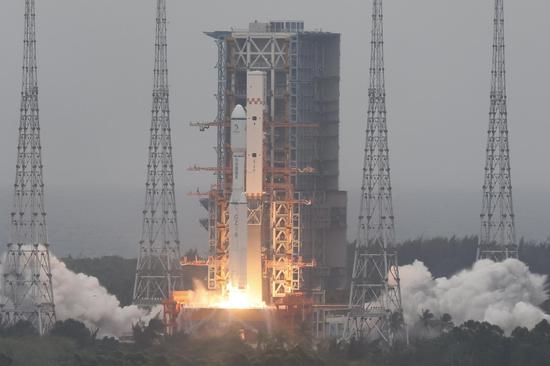


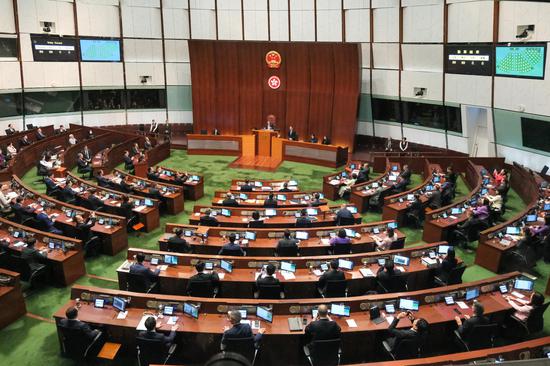
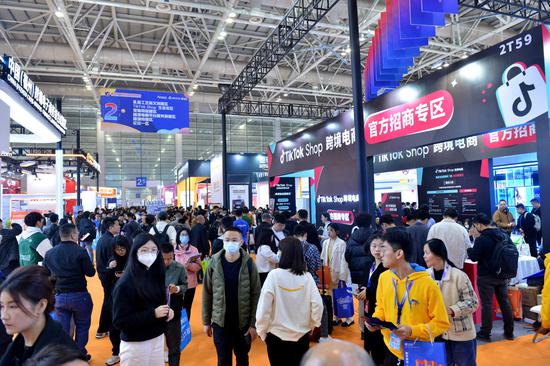



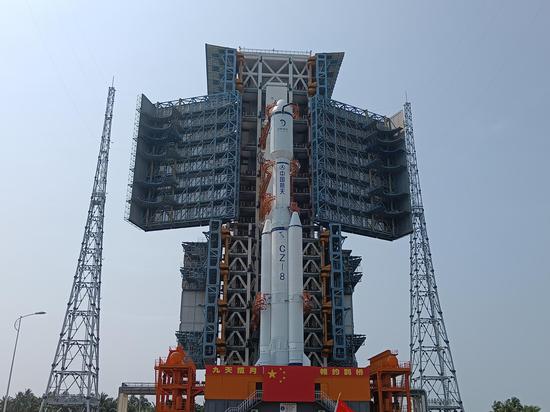







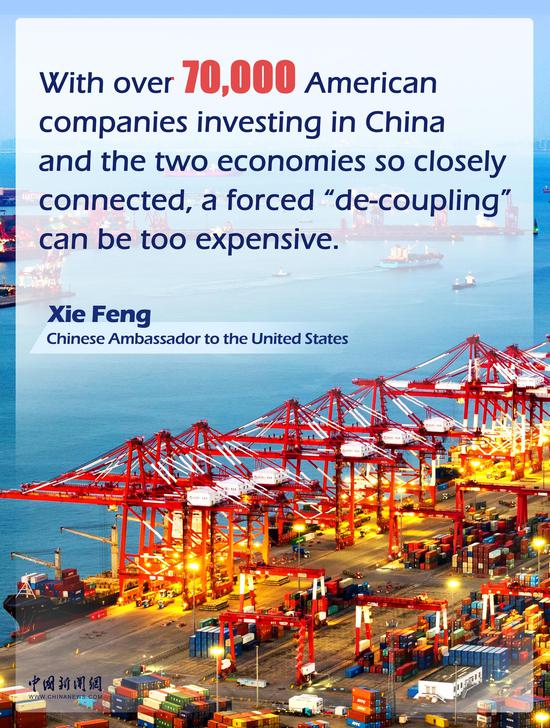

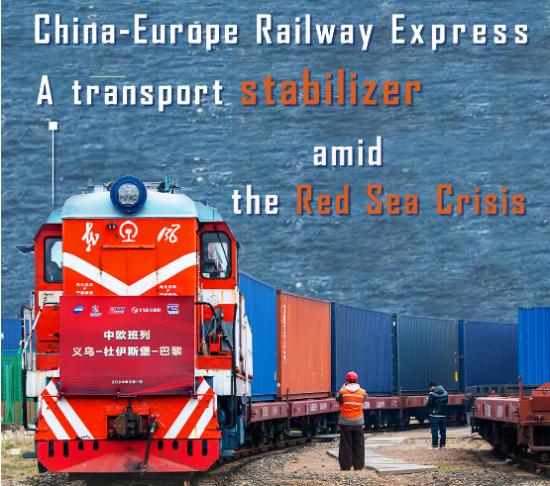





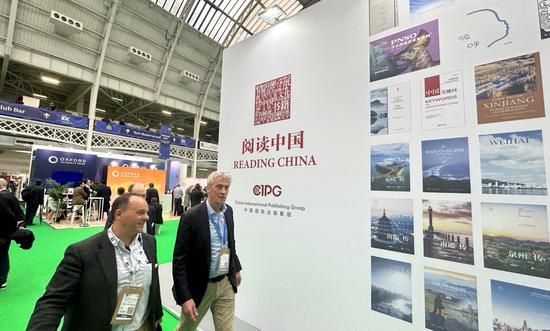


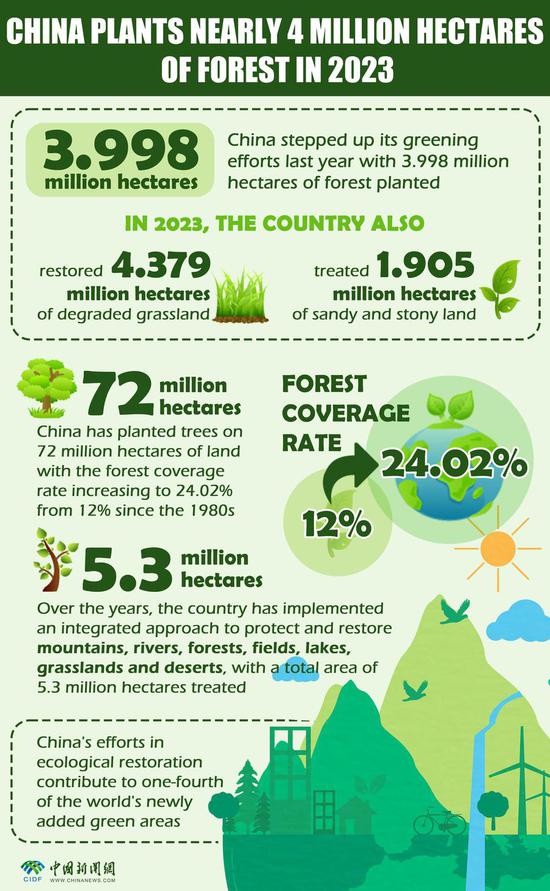



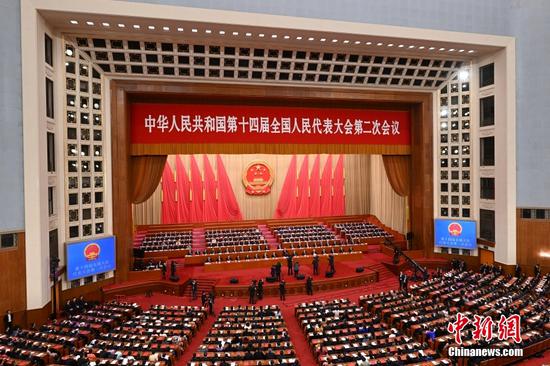

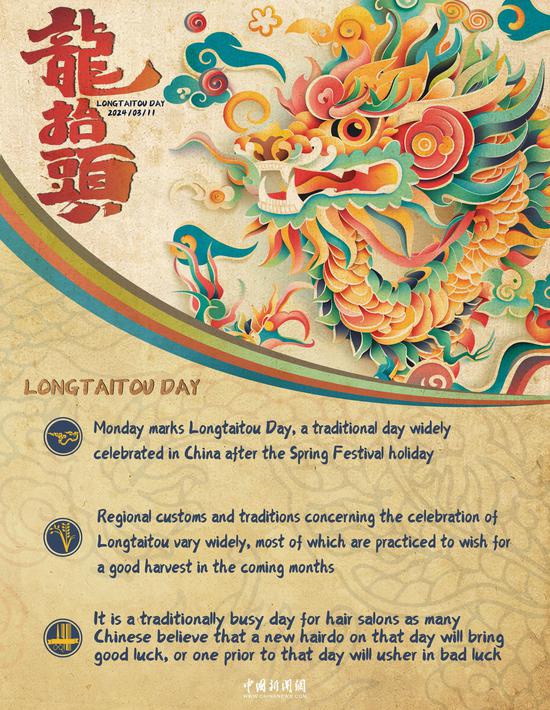





 京公网安备 11010202009201号
京公网安备 11010202009201号